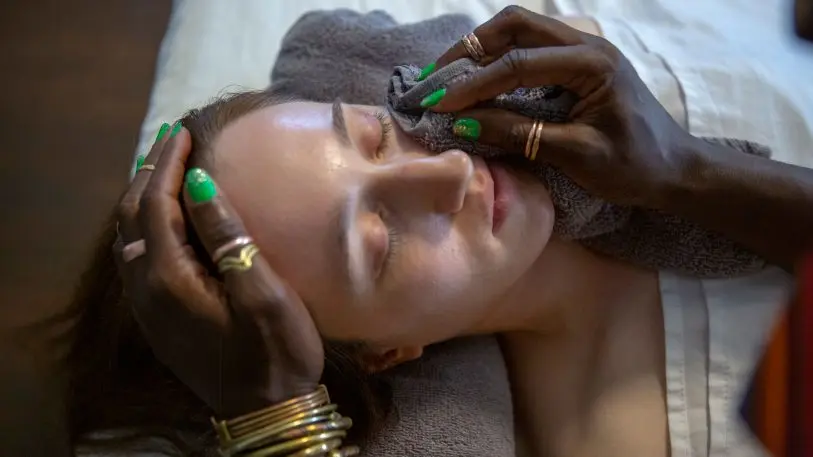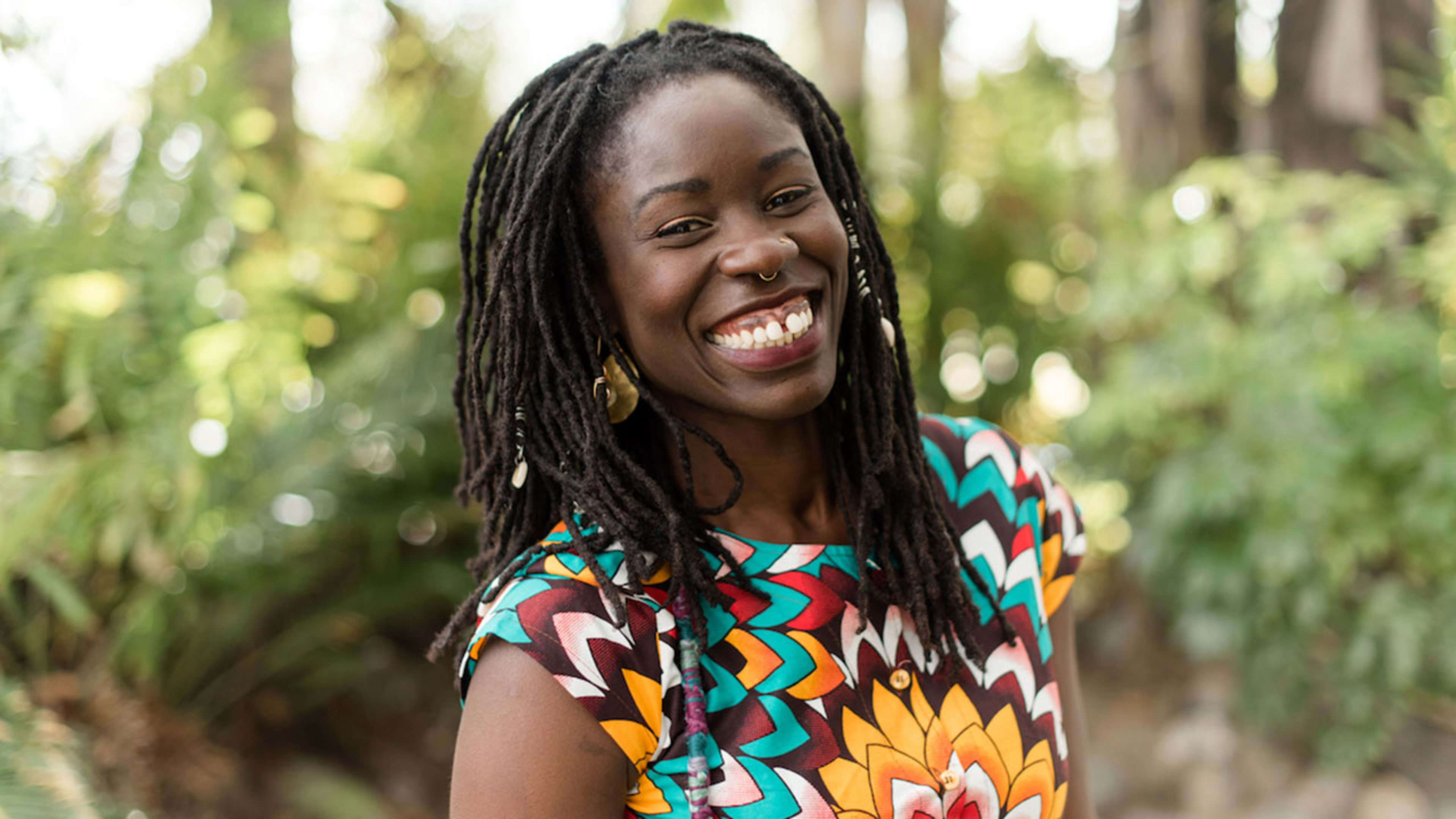For many people, the thought of being surrounded by death (and have that be a central part of how they earn their living) can seem quite morbid. But for Alua Arthur, the founder of the end-of-life planning service Going With Grace, it feels exactly the opposite.
Arthur is a death doula—also often referred to as a “death midwife.” Arthur’s journey to becoming a death doula is a profoundly personal one, but she represents a number of professionals who are active in the growing “death wellness” and “death-positive” movement. As Fast Company‘s Rina Raphael previously reported, this movement rests on the notion that having a good death is “part of a good life.”
Fast Company recently spoke to Arthur about her motivations for becoming a death doula and how she copes with work-life balance as she helps others through the grieving (and often stressful) administrative process that comes before and after a loved one’s death. The interview has been edited for length and clarity.
Helping people become clear on what death looks like
A death doula is a non-medical professional who provides holistic support for the dying person of the family and the family members. I help the people who are close to death on what it looks like. After that, I help family members deal with their affairs.
I also work with healthy people. The way I conceive it, as soon as someone comes into any recognition that one day they’re going to die, that’s the time to start preparing for that, so I help them with an end-of-life plan. It’s where we write down all the stuff that’s going to be a pain. We get clear for what their desires are for life support, and who’s going to make the decisions for them. We walk through important information and documents, like where’s their birth certificate? Where is their retirement account? Where do they bank?
I also help people who are terrified of death. I find that people are more afraid of the dying process than death itself, so with them, I do death meditations. This looks like us going through the eventual decline of the body, their systems shutting down, and their breathing becoming ragged. It’s an opportunity for the person to lay there with whatever it is they experienced. A lot of times, people experience a sense of peace after going through this process.
The desire to build a career around death
Growing up, I wanted to be lots of things. I really wanted to be an astronaut. I loved to read and immerse myself in another world. I also wanted to be a conductor. I applied to a music conservatory, but I ended up in a liberal arts school that had an okay music program. I got involved in student government and decided to go to law school. I worked in property law, starting with government benefits, and then I moved to domestic violence and then not-for-profit development. I fumbled around for 10 years and started getting really depressed, so I took a medical leave of absence. That’s how I found death work.
I met a woman in Cuba. She had cancer and was traveling, and we bonded. We spent 14 hours on the bus together, and I asked all the difficult questions. What would be undone in her life if the disease killed her? What does she think happens after she dies? Did she live with the recognition of death constantly? They were questions I never really had myself. That was the first time it hit me that death was very real and that we don’t talk about it enough. It became clear that I wanted to spend my career talking about death.
That was solidified when my brother-in-law got sick and died. It showed me how all the ways that we do it now are broken. We had so many questions—how do we transfer the title for his vehicle, and what should we do with his leftover medication? There was nobody to answer them.

A day in the life of a death doula
A typical day always includes a lot of emails. So many emails. The part of my job that stresses me out is the business part. God, it’s the worst! I need to go back to my vision of helping people feel less alone to keep me in clear focus.
I start my day checking on various things—with the people who are dying, how things were over the course of the night. I’ll also check on plans for any funeral procession. I do a lot of phone calls and talk to therapists who work with people that are dying. If I do have clients that are dying, I see them in the afternoon, or I will see my end-of-life planning clients.
These days, I also do a lot of education around death and dying. I’m doing a lot of talks to reach people about how to do this work because we’re all going to have to do it for somebody in our lives.
When it comes to work-life balance, I do things like meditate daily, exercise regularly, and drink a gallon of water every day. I just got my nails done. I don’t deny myself pretty things.
On death and relationships
I talk about death all the time with my friends and family. I think sometimes I can be a little bit annoying because I want people to be authentic in their decision-making. I tend not to tell people what to say or do, and I listen actively. My best friend and I, we always have challenges because she always wants to tell me what to do. It is a struggle for my friends who have a hard time with the concept of their own mortality, because I’m talking about it all the time.
I don’t push the issue with my friends who are uncomfortable, but with my family members, I do. For my dad, he first had to come around to the idea that I wasn’t going to be practicing law anymore. Being an African parent, he wanted me to be either a lawyer, doctor, or engineer. I was like, how about death? He was like, how about what? That was a little tricky. But eventually, we got around to talking about it. After all, I’m the one who’ll have to deal with it when it happens.
I think people actually want to talk about death, but they feel like they don’t have permission to do so because it’s “heavy.” Well, it’s a regular part of living. Without death we wouldn’t have life. It’s funny: when I meet someone for the first time and I tell them I’m a death doula, so many of them say, “Oh, when x died, I wish that you had been there.”
Recognize your brand’s excellence by applying to this year’s Brands That Matter Awards before the early-rate deadline, May 3.
